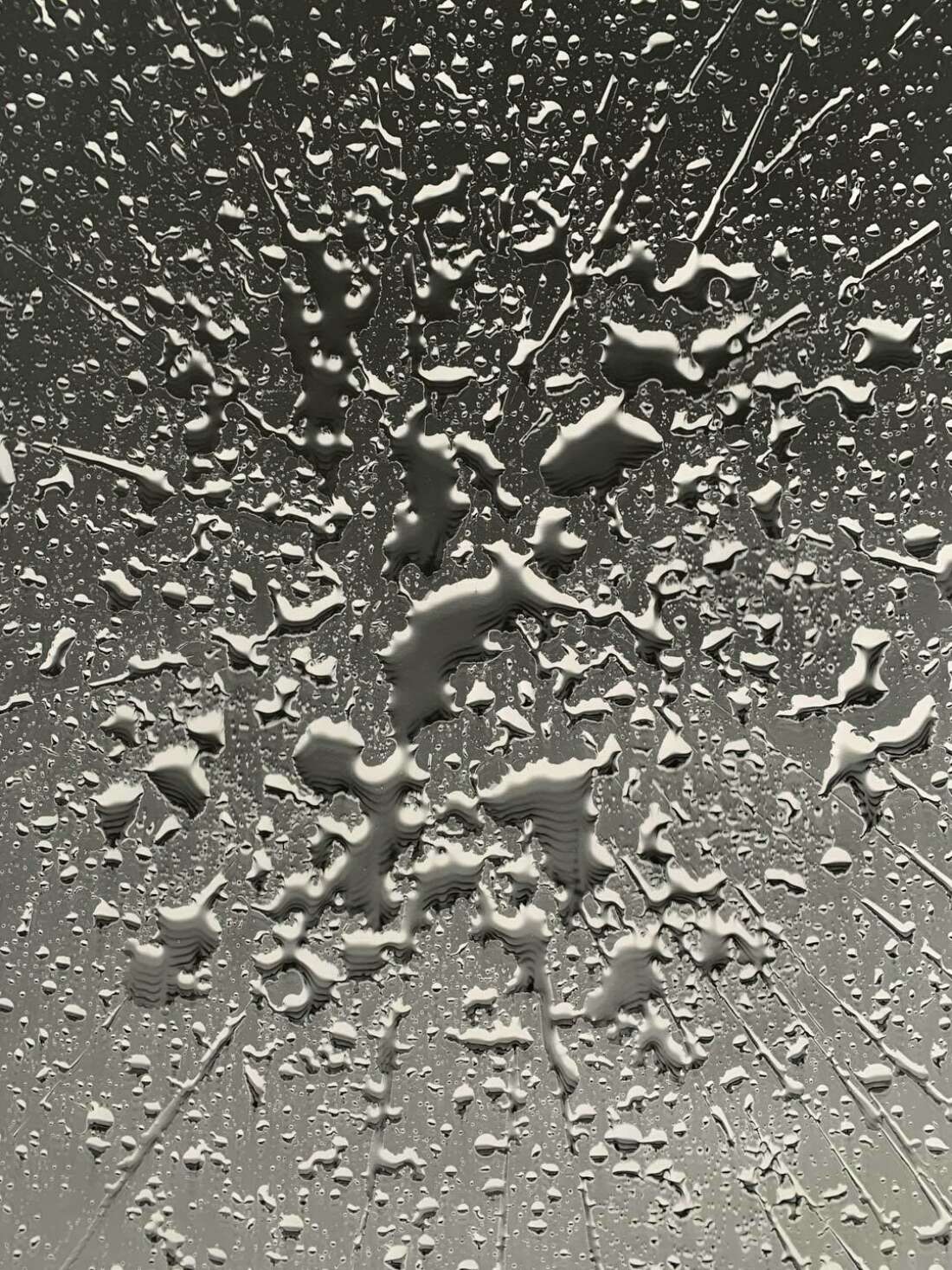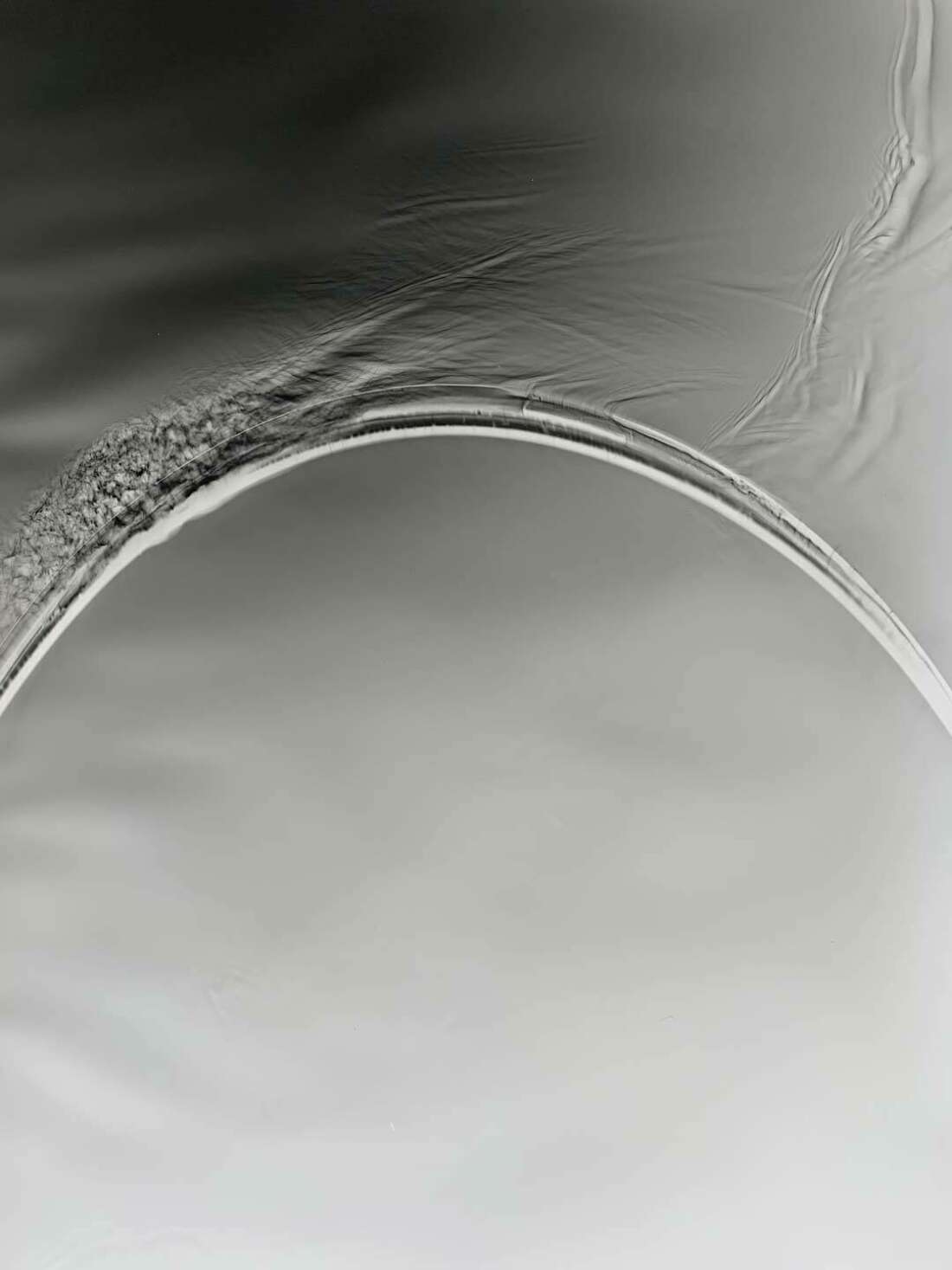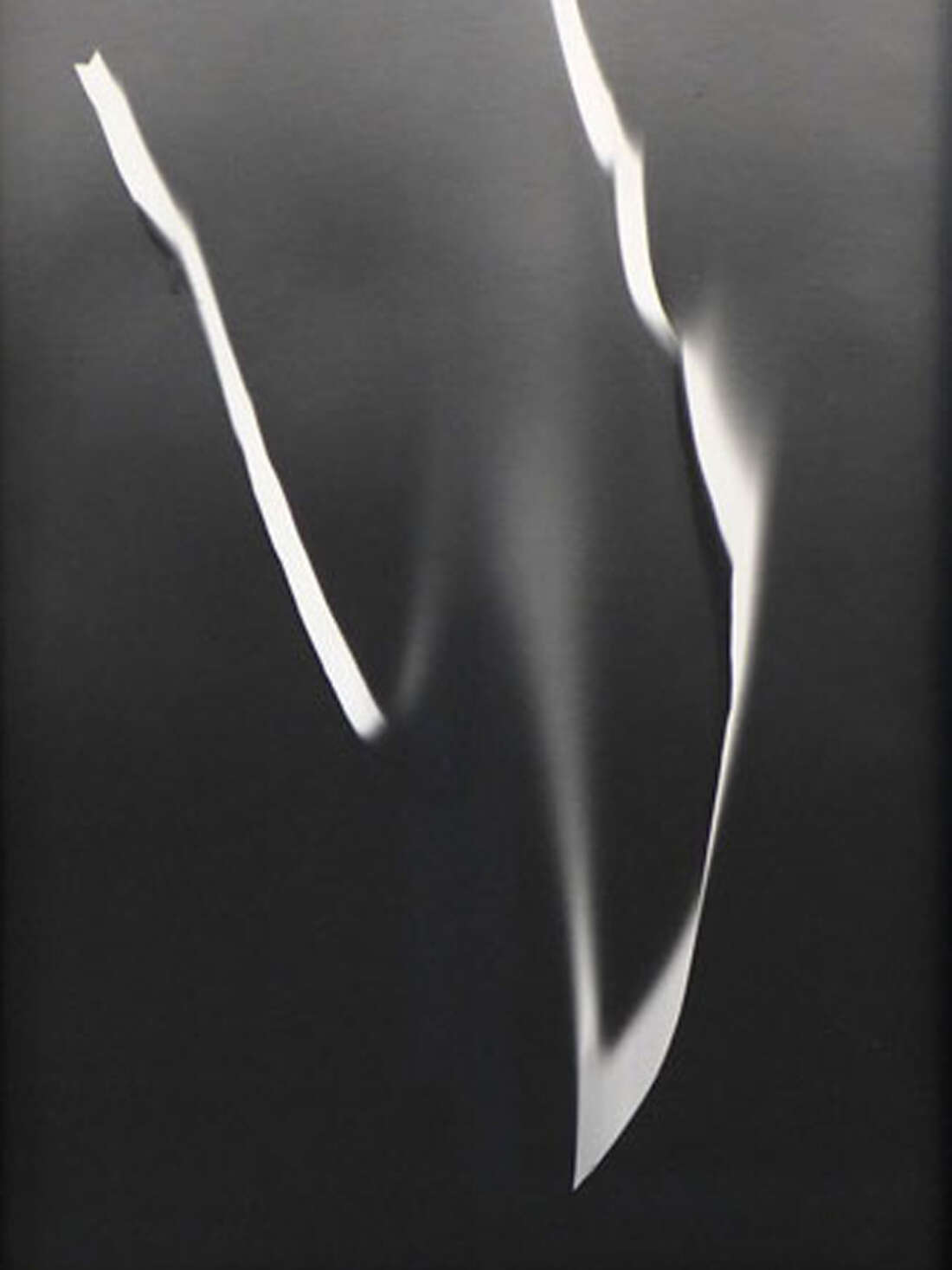Category — Features

Boy Am I Scared – We Stand Up
“One should be able to see that things are hopeless and yet be determined to make them otherwise.” – F. Scott Fitzgerald
“Knowing that you love the earth changes you, activates you to defend and protect and celebrate. But when you feel that the earth loves you in return, that feeling transforms the relationship from a one-way street to a sacred bond.” – Robin Wall-Kimmerer
The link between action and gardening is a close one. So too with food. Despite our age of convenience, it is still our action, our agency, that holds the power to transform space, to take raw ingredients and make them something more, something other than they were before. Do nothing, get nothing. But engage and watch difference blossom, dinner sizzle, the soil come alive.
Things are not as they were.
In our rush for solutions, much has been made of the big and the scalable, answers on par with the harms of today. Think global, act local – once a rallying cry, now seemingly a footnote on history’s hot wind. And yet, I grow, I care, I cook. Dinner from outside, brought in; sustenance that once wasn’t there.
*
“The project of land healing through reverence and relationship is [tied] to the project of social healing, which, too, depends on restoring reverence and relationship.” – Charles Eisenstein
“If your private life conflicts with your intellectual opinion, it cancels your intellectual ideas, not your private life.” – Nassim Nicholas Taleb
I still remember the end of Al Gore’s An Inconvenient Truth: that wave of what I now know as eco-anxiety; the ‘solutions’ it offered up. Change lightbulbs. Catch the bus. For the well-meaning, these are but a start, the first step towards aligning our action with the values we hold. No-one likes a hypocrite! For others, yet to engage with the history of violence that makes up modernity, changes here stand as ‘progress’, inevitable and good – reflecting a misguided faith in technological solutions, ignoring the social roots of the problem and the specific humans who benefit most from the world as it is. If you don’t feel any anxiety, are you really paying attention? For others more cynical, such ‘solutions’ are futile in their size, a jig on the deck of a sinking ship.
How are we to reconcile the need for consistency in our own lives with the scale of the task at hand? If big things made this problem, don’t our responses also need to be big? What of the local? The collective? The shared? A small voice whispers: can such things even be solved at all? Or must we, as feminist scholar Donna Haraway counsels, simply ‘stay with the trouble’?

“Recognising the structural imperatives of a capitalist economy means we can challenge the system, not the person, and thus get to the heart of the problem.” – Anna Sturman
“At the moment, every link in the chain is premised on cheapness and uniformity. Changing one link would mean changing everything.” – Bee Wilson
I start where it feels I have always started, in spirit if not in flesh. The invention of tradition.
In soil, at the end of winter, hoping in action to learn a bit more. To connect, or rather, to connect consciously, closely. To participate. To contribute as if my life depends on it – which in ways both comforting and discomforting, it does and doesn’t. Funny, the contradictions we hold.
Ensconced in middle NZ’s everyday privilege, my hunger has never been real. If my crops fail, the shop awaits. There are still more seeds to buy. And yet, food is inescapably political, a globalised system that excludes the poor while polluting and wrecking the earth. Why must our goal always be ‘less worse’? One meal alone is nothing, but in their collective effect, the storm clouds gather near. (Others have already been hit…)

“We can create new commons, new possibilities of community… with a few friends, we can create a new kind of commonality” – Gustavo Esteva
“If all you’re willing to talk about is that which you claim to stand against, if all you can imagine is what you claim to stand against, then in what sense do you actually stand against it?” – David Graeber
In an ecological sense, you never walk alone. So too in our social world. The last few years have seen my hope and the seeds that carry it increasingly collectivise, moving beyond the isolation of internet activism and solo gardening, and into a shared material space. Work like this takes many forms – diversity as a source of strength. For those of us drawn to earth, the result is a tangible shift, our individual agency made more: resources pooled, plants gifted; favours called in and returned, and the landscapes around us thus changed.
Nothing is finished or triumphant; our worlds cackle with problems, trouble that can’t be escaped or ‘solved’ but must be stayed with. Attended too. After all, there’s no undoing the past. But in our presence and persistence lies richness, countless rewards and discoveries to be made. Fresh tastes, new forms and relations – moving from I to We. What magic might more hands here bring?
Collectives in this space are always multiple, their memberships fluid and non-exclusive, in defiance of cults and their horrible squeeze. Instead, like the world, as the world, our previously separate lives become entangled, multiplied, expanded. In face of chaos, we lean in, try to trust not knowing. Not controlling per se but caring: showing up, pressing seeds into freshly made earth. From these collective efforts, human and non-human, new possibilities emerge.
Artwork: Andrew Beck